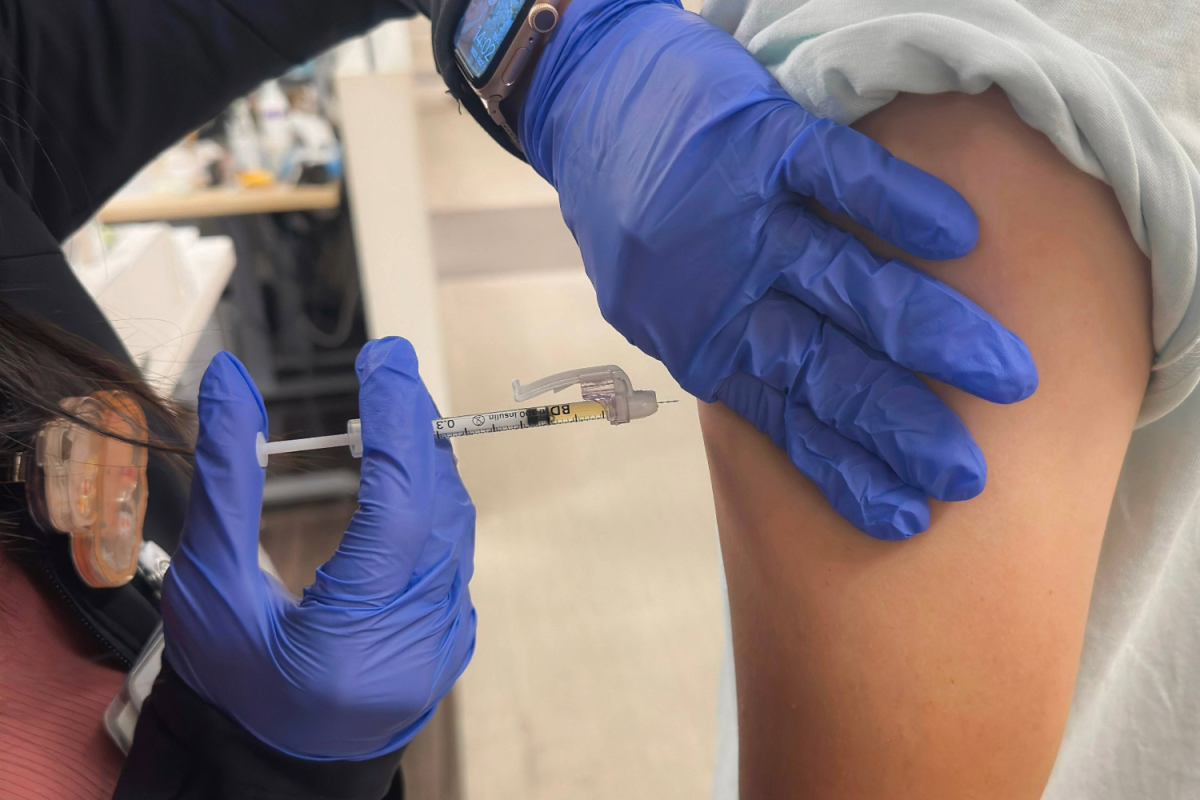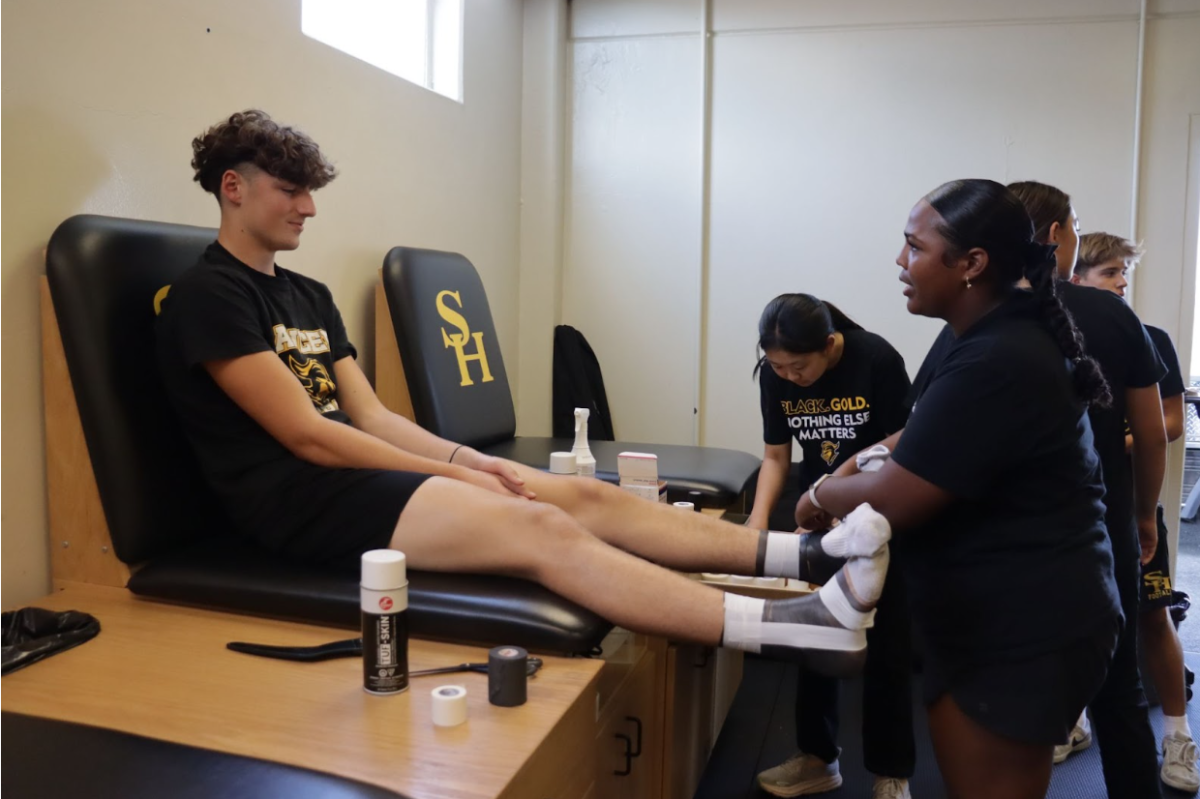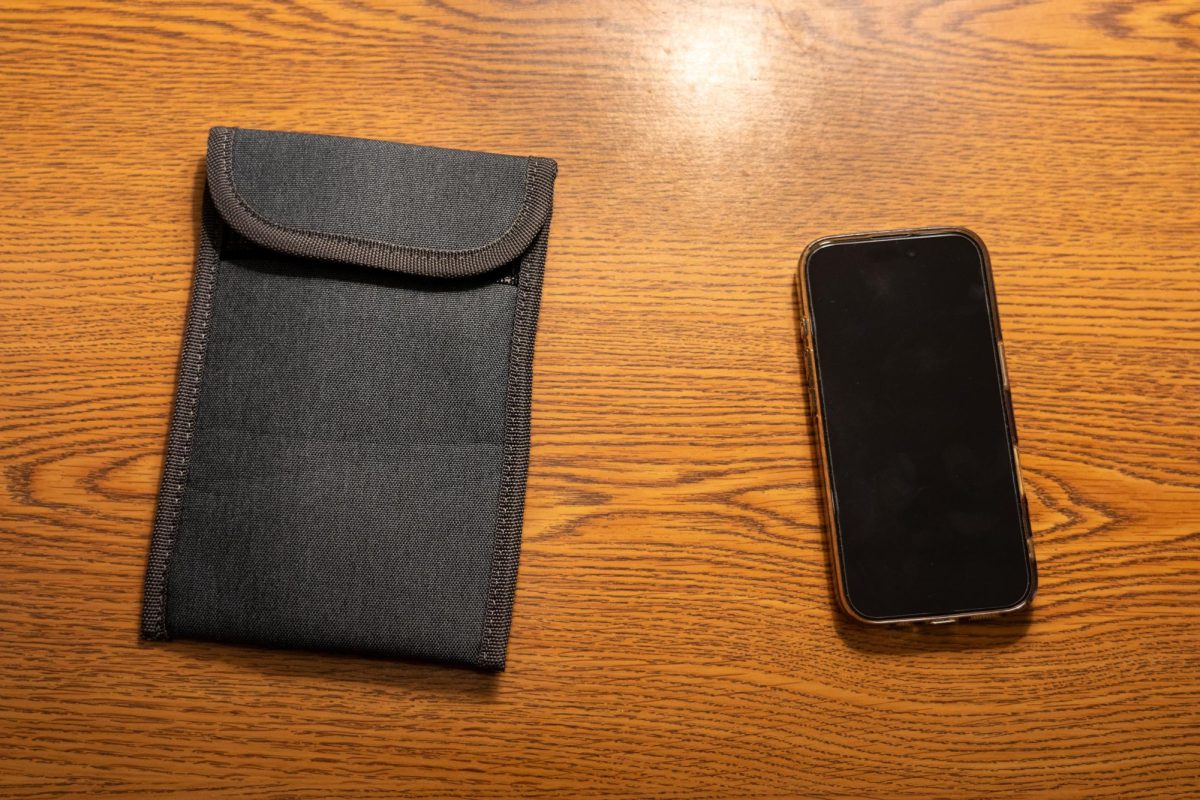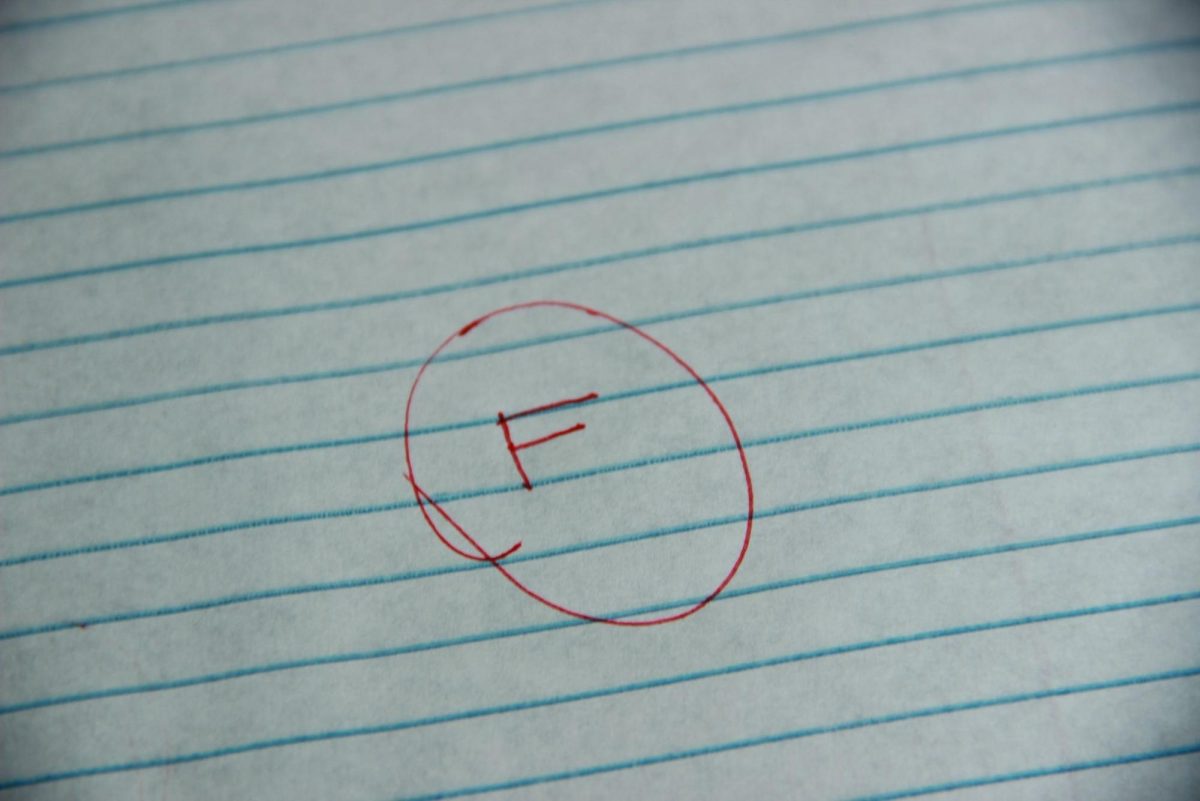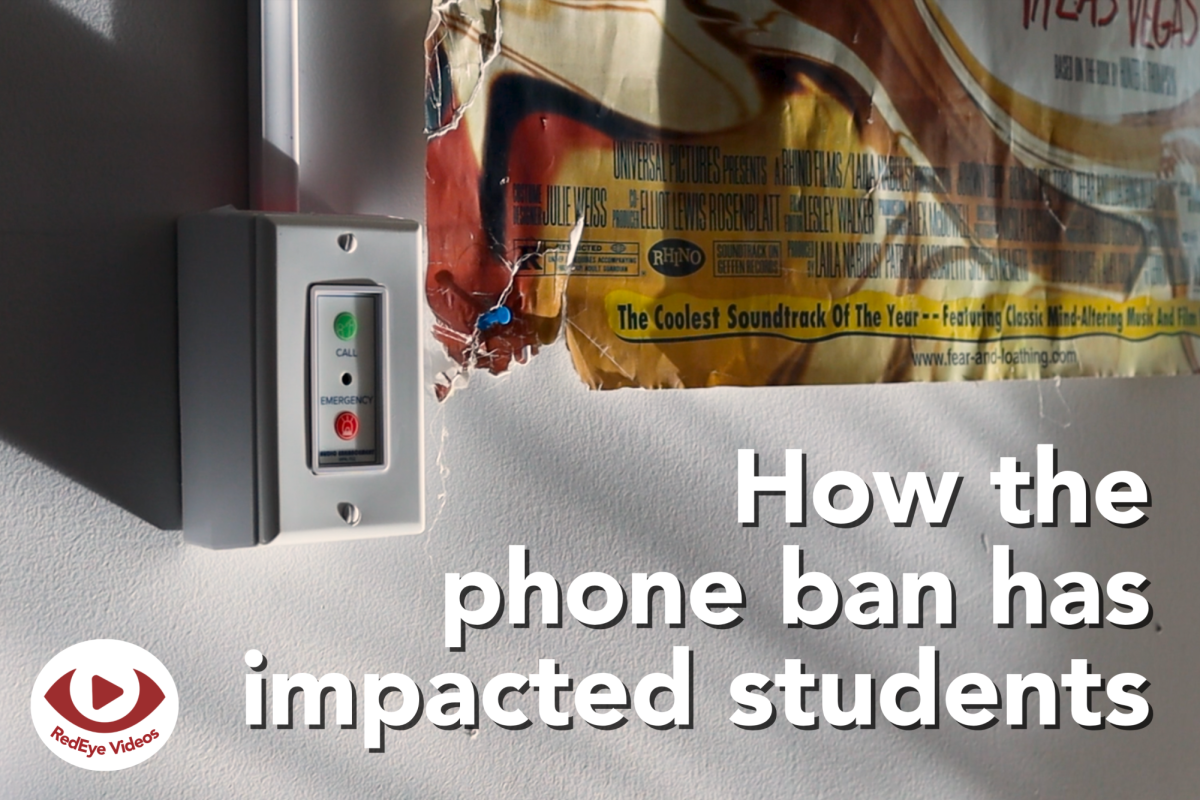Many Staples students have shared a similar experience: their period arrives early, and they are forced to make an uncomfortable decision of either wading up toilet paper or making the embarrassing trip to the nurse, glaring at the hollow white tampon boxes on their way out of the bathroom. Three girls in the Women in Society course last semester decided that enough is enough. Jona Bernstein ’25, Mia Lewis ’25 and Melissa Pappas ’26 took on the issue for their activism final project.
“I wanted to take on this specific project because I personally have needed menstrual products in the Staples bathrooms when there weren’t any present,” Pappas said.
They were motivated by anger, but supported by the law. The Connecticut General Assembly passed legislation in 2023 that requires public schools to supply various menstrual products in school bathrooms. The Menstrual Equity Law works to ensure that schools provide free menstrual products in grades 3-12 in every female restroom, as well as unisex bathrooms and one male restroom. The goal of the law, according to the Connecticut State Department of Health (DPH), is to ensure that no student faces any stigmatizations, shame or hassle in accessing products regardless of age, gender or socioeconomic status. Connecticut public schools were given a year to comply with the law. The grace period ended this past September.
“The Menstrual Equity Law claims that based on the size of our school, a month’s worth of tampons is about 21,000,” Bernstein said. “When the tampons were first stocked, Mr. Thomas told us that about a month’s worth was used in three days. When we asked if it was near 21,000, he said that it wasn’t that much.”
Staples has been historically inconsistent with providing menstrual products throughout the school. After the COVID-19 pandemic, tampons and pads were no longer offered in female restrooms for 50 cents. In 2022, “Make Me Free,” a Staples’ Feminists Club campaign dedicated to providing students with free menstrual products, won the majority vote of students in Voice4Change, a state-wide initiative that allowed students to craft, campaign for and vote on budget proposals for how to spend $20,000 allocated to each participating school. The following year, however, the bathrooms remained empty.
So, in early January, Lewis, Bernstein and Pappas talked with Principal Stafford Thomas Jr., Social Studies Department Chair Dr. Lauren Francese and also Physical Education and Health Coordinator Christine Wanner. The result was a full restockment of products after their discussions.
While Women in Society teacher Catherine Schager was not involved in the conversation, Lewis sought her out to celebrate.
“I remember running to find Schager [when I saw the restocked boxes], and we jumped in the hallway together,” Lewis said. “It’s so stupid that we are so excited over tampons, because they are literally a necessity for every single menstruator at our school. ”
However, at time of publication, there remains to be products in at least one male bathroom at Staples. This directly goes against the “inclusivity” section of the act, which requires products in a men’s bathroom to “affirm all genders in making empowered decisions about their health,” according to the Guidance and FAQ document provided by the DPH. Despite this, Staples does stock products in the unisex bathrooms and continues to provide them in the nurse.
The question remains: will they continue to be restocked? Ultimately, the responsibility falls to the students. If something is off, follow the lead of students in the Women in Society course.
“Obviously as a social studies teacher I am all about citizenship and empowerment,” Schager said. “The most important thing is to speak up, but also for us to make it clear how to do so, in order to create muscle memory for citizenship.”
This story was originally published on Inklings on February 10, 2025.




